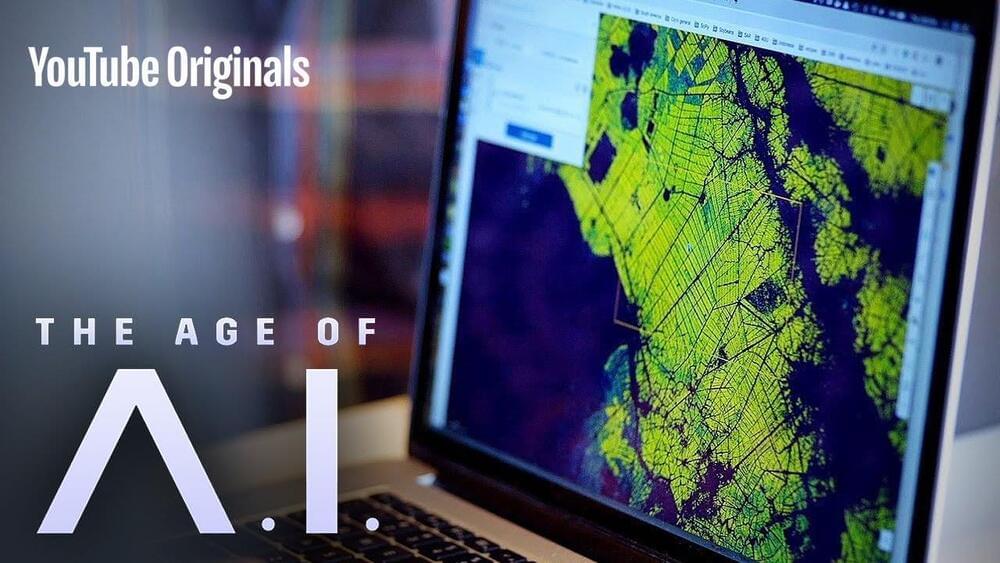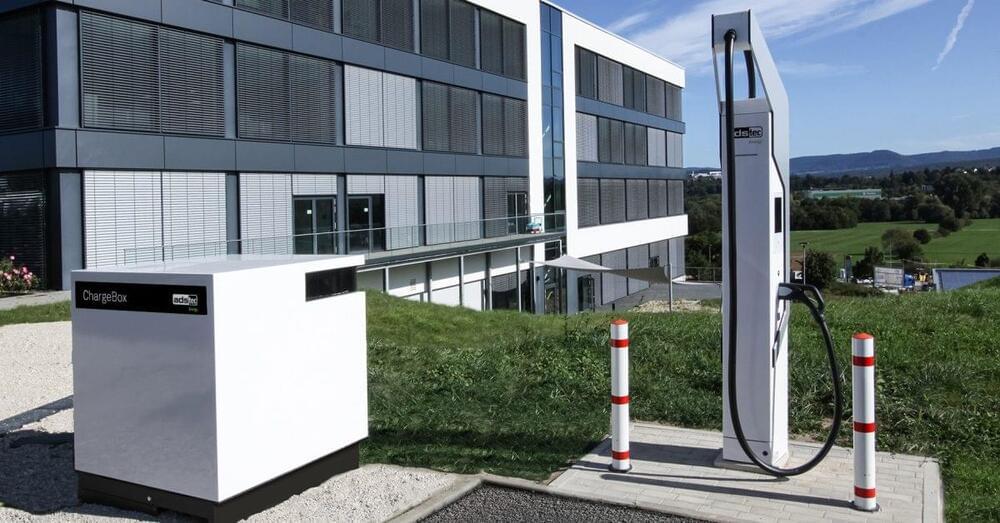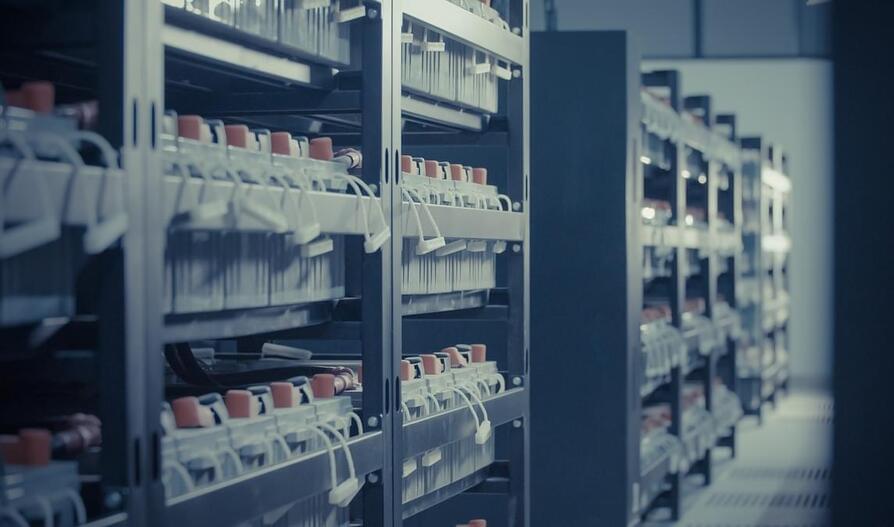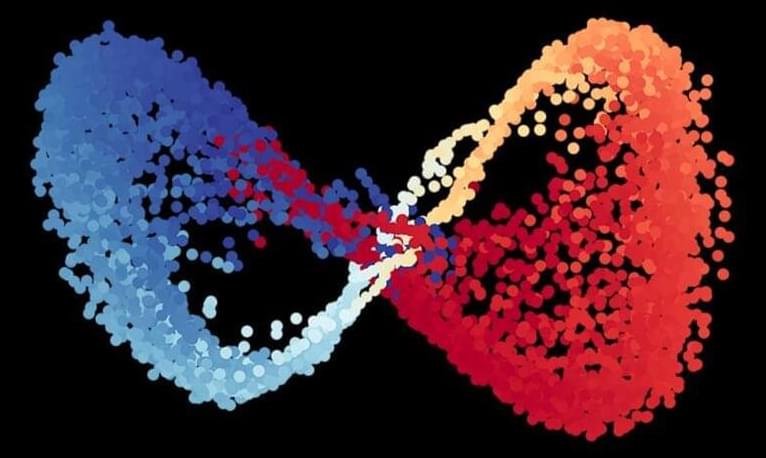Aug 5, 2022
Saving the world one algorithm at a time | The Age of A.I.
Posted by Dan Breeden in categories: education, existential risks, food, information science, robotics/AI
Many say that human beings have destroyed our planet. Because of this these people are endeavoring to save it through the help of artificial intelligence. Famine, animal extinction, and war may all be preventable one day with the help of technology.
The Age of A.I. is a 8 part documentary series hosted by Robert Downey Jr. covering the ways Artificial Intelligence, Machine Learning and Neural Networks will change the world.
Continue reading “Saving the world one algorithm at a time | The Age of A.I.” »






 עברית (Hebrew)
עברית (Hebrew)











